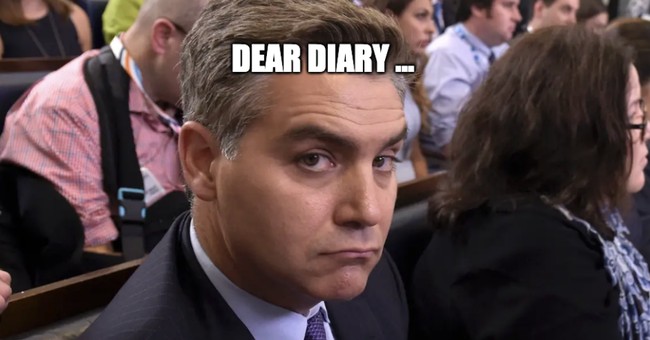Megyn Kelly Critiques Jim Acosta’s AI Interview with Deceased Teen

In a controversial move, journalist Jim Acosta recently conducted an interview featuring an AI-generated image of Joaquin Oliver, a teenager who lost his life during the tragic shooting at Parkland High School on February 14, 2018. The backlash to Acosta’s approach was swift and widespread, attracting criticism from various segments of the political spectrum.
The interview, which aimed to simulate a conversation with the deceased teenager, sparked outrage from numerous commentators and media figures. Among the most vocal critics was Megyn Kelly, who described Acosta’s actions as “deeply disturbing and unethical.” She emphasized the exploitative nature of the interview, arguing that no journalist should manipulate the voice of a deceased individual for sensationalism.
Criticism from Various Corners
Kelly’s condemnation reflects a broader sentiment regarding the ethical boundaries of journalism, particularly in sensitive contexts. She stated, “It is exploitative to its core,” criticizing Acosta for claiming that “we’ve never heard from one of the kids” in reference to Oliver. This remark, she argued, trivializes the grief of parents who seek to connect with their lost children.
In her commentary, Kelly highlighted the dangers of using artificial intelligence to represent someone who can no longer speak for themselves. “Putting words into someone’s mouth AFTER death that they DID NOT say in life is a level of evil that is hard to describe,” she stated, advocating for potential legal repercussions for such actions.
The ethical implications of Acosta’s interview have raised significant questions about the role of technology in journalism. Critics argue that using AI to simulate conversations with deceased individuals crosses a line, undermining the principles of integrity and respect that are foundational to the profession.
The Broader Impact on Journalism
Acosta’s actions have reignited discussions about the responsibilities of journalists when covering tragedies. As public figures weigh in, the consensus appears to lean towards a call for more ethical standards in the media, especially when it involves sensitive subjects like death and grief. The conversation surrounding AI’s role in journalism is likely to evolve further as technology continues to advance.
In a landscape where sensationalism often overshadows substance, the need for responsible reporting becomes increasingly critical. As Kelly noted, “We have no idea what Joaquin Oliver would say or think about anything,” reinforcing the idea that assuming his perspective through AI is not only misleading but also disrespectful to his memory and his family’s grief.
As this debate unfolds, it serves as a reminder of the delicate balance between innovation in journalism and the ethical considerations that must guide it. The use of AI in media must be approached with caution and respect, particularly when it involves the voices of those who can no longer speak for themselves.






